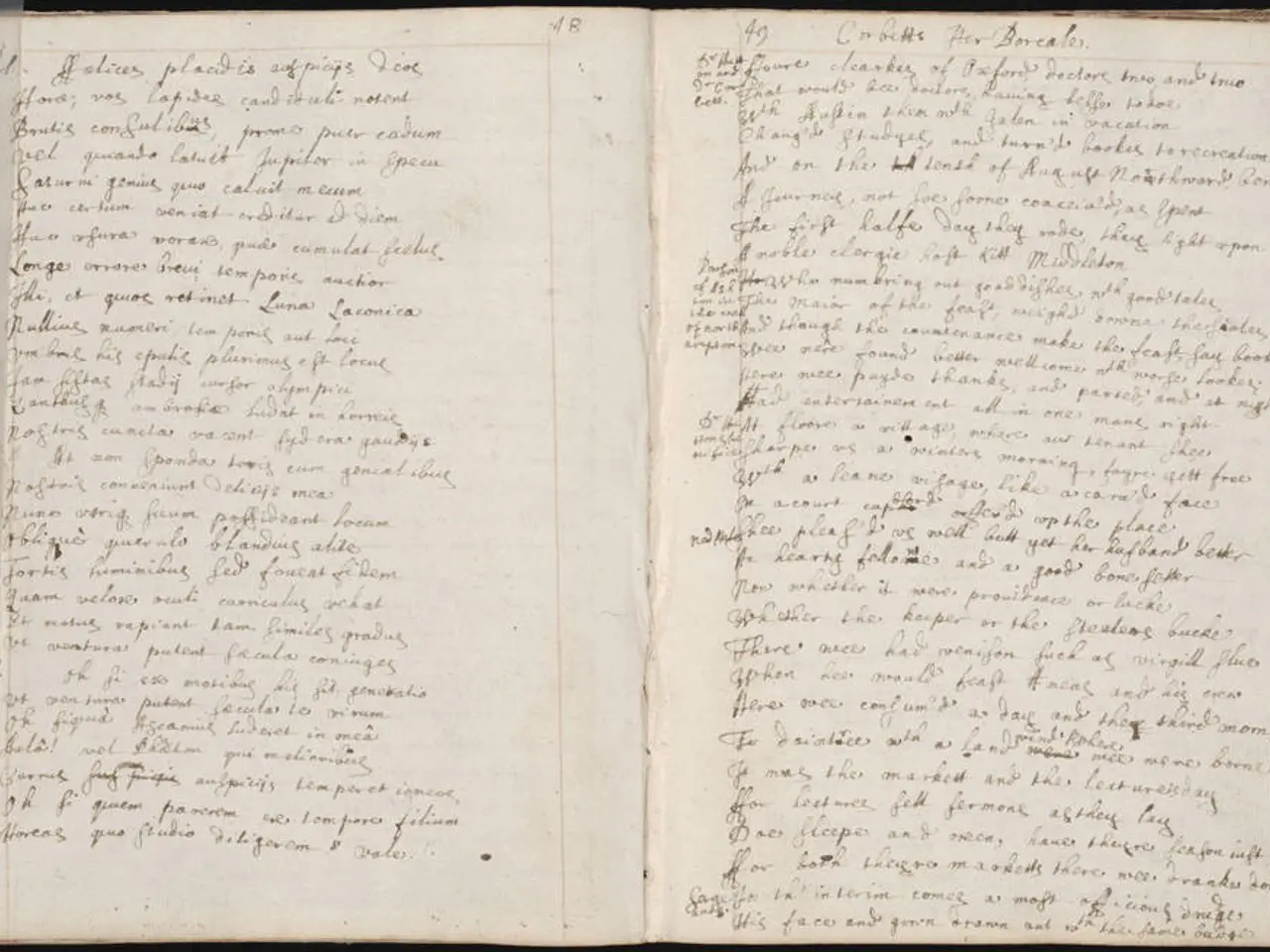Uncover What Has EscapeD the Eyes of Many Others?
In the heart of ancient Phrygia, around AD 55, a Greek slave named Epictetus was born in the city of Hierapolis, now known as Pamukkale, Turkey. Despite his humble beginnings, Epictetus would go on to make a significant impact on Stoic philosophy, a school of thought that emphasises self-control, reason, and indifference to external events.
Born into slavery, Epictetus's life took a turn when he was given the opportunity to attend lectures by the Stoic philosopher Musonius Rufus. These teachings would shape his thought and philosophy profoundly. After gaining his freedom, Epictetus spent much of his life in Nicopolis, Greece, following his expulsion from Rome by Emperor Domitian in AD 90.
Epictetus did not write any books himself, but his teachings were recorded by his student Arrian in two major works: the Discourses and the Encheiridion (or Manual). These texts, which reflect Epictetus's emphasis on ethics and the power of reason, have had a profound impact on Western philosophy.
One of the most notable individuals influenced by Epictetus's teachings was Marcus Aurelius, a Roman emperor from AD 161 to 180. While there is no direct evidence that Marcus Aurelius studied under Epictetus, Epictetus's teachings greatly influenced the broader Stoic tradition, which Marcus Aurelius was part of. Marcus Aurelius is best known for his philosophical work, Meditations, which reflects the Stoic ideas about reason, self-control, and indifference to external events that are central to Epictetus's philosophy.
Epictetus's teachings challenge individuals to focus on what they can change, accept what they cannot, and perform their duties with excellence. His name, which means "acquired one," is a testament to his journey from slavery to becoming a prominent figure in Stoic philosophy.
For those interested in delving deeper into the life, lessons, and legacy of Epictetus, a new course titled How To Read Epictetus is being offered on a platform. The course, scheduled to be available before July 26th, provides a guide to understanding Epictetus's teachings. Purchasing the course before July 26th grants access to a private LIVE Q&A with Ryan Holiday. Additionally, a 25% discount is available when bundling the book and the How To Read Epictetus guide.
A modern translation of Epictetus's Discourses, available from Penguin Classics, offers an easy-to-read introduction to his teachings. Marcus Aurelius, too, quoted Epictetus throughout his book Meditations, demonstrating the enduring influence of Epictetus's philosophy.
In conclusion, Epictetus, the Greek slave turned prominent Stoic philosopher, has left an indelible mark on Western philosophy. His teachings, which emphasise self-mastery, reason, and the acceptance of one's circumstances, continue to resonate and impact lives today.
Engaging in the new course titled "How To Read Epictetus" is an excellent opportunity for personal growth, as it delves deeper into the life, lessons, and legacy of the philosopher who profoundly impacted education-and-self-development. Epictetus's teachings, particularly emphasizing on the power of reason, self-control, and indifference to external events, are instrumental in the pursuit of personal-growth.




